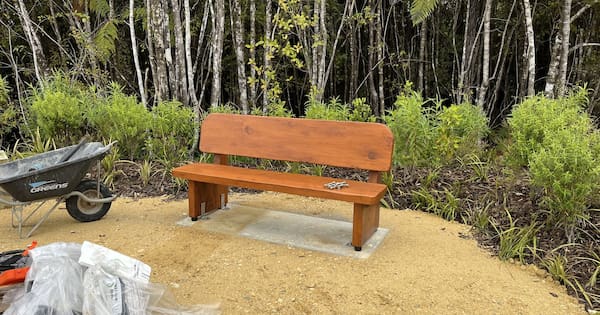
WorkSafe inspectors will visit 1000 farms before the end of the year, focusing on the safety of quadbikes and other risks to prevent agriculture becoming the deadliest sector in New Zealand again.
Rather than making cold calls, visits over the next three months are being booked in advance as the workplace health and safety regulator wants to work with farmers on their responsibilities to make farms and farming teams safer.
Last year, 16 work-related deaths were recorded in agriculture — making it the deadliest sector in the country — four higher than in 2023.
In the year to October 2024, 1491 injuries resulted in more than a week away from work compared with 1722 in the same period in 2023.
So far this year, there have been five deaths in the agriculture, forestry and fishing workforce, mostly involving quadbike rollovers or other vehicle incidents. The deaths were in Canterbury, Northland, Bay of Plenty, Otago and Hawke’s Bay.
WorkSafe area manager Carl Baker said fatalities appeared to have reduced slightly so far this year, but it was too early to speculate why that might be.
“Farm vehicle incidents are one of the top two causes of workplace deaths in Aotearoa. While some of WorkSafe’s investigations involving farm work are still ongoing, it appears that every agricultural-related death so far in 2025 involved a farm vehicle, mostly ATVs and quadbikes.”
Mr Baker said farming was a way of life and health and safety must also be part of this way of life.
A risk assessment of terrain and tasks must be the top priority for anyone getting on or in a farm vehicle, especially at this time of the year.
Sloped surfaces and steep terrain have been a factor in fatal incidents and accidents in many cases.
WorkSafe suggested farmers should consider installing crush protection or rollover protection devices on vehicles and make sure the right vehicle was selected for the job.
A seatbelt should be worn if installed — and a helmet — and riders needed to keep on top of vehicle maintenance and consider undergoing quadbike training, he said.
This was a busy time of year on farms and the WorkSafe visits were not about catching people out, so farmers were being contacted to set a time suiting them.
Insights would be shared within the industry to highlight what was working well and where additional support or resources might be needed.
It was expected the visits would help build a clearer picture of health and safety practices across different regions and farming subsectors.
Farm businesses needed to manage pesticides, fertilisers, fuels and other hazardous substances safely, keep a complete inventory and make sure they were stored correctly.
Quadbike fatalities were only one indicator of health and safety on farms, Mr Baker said.














